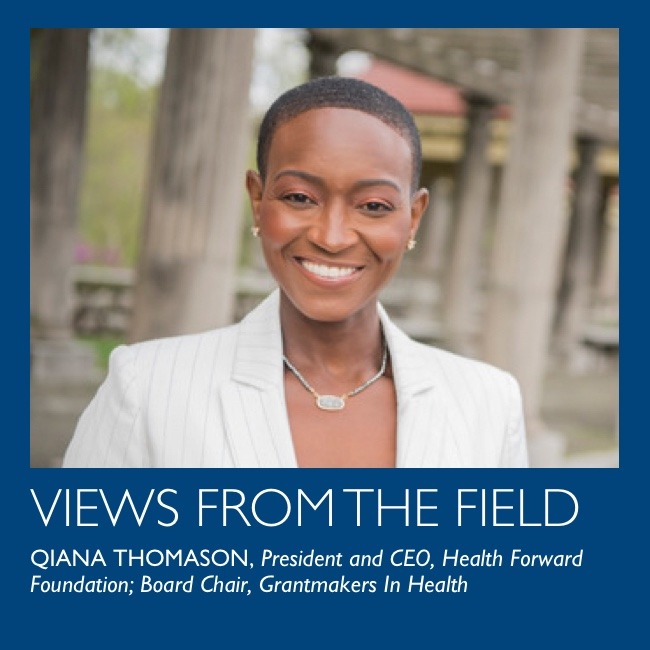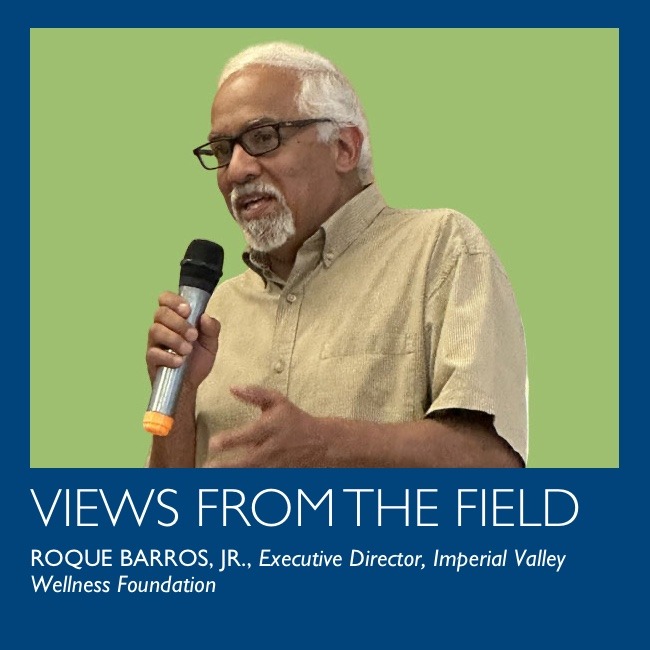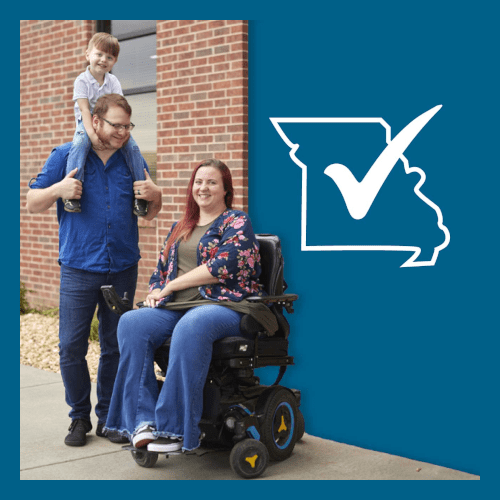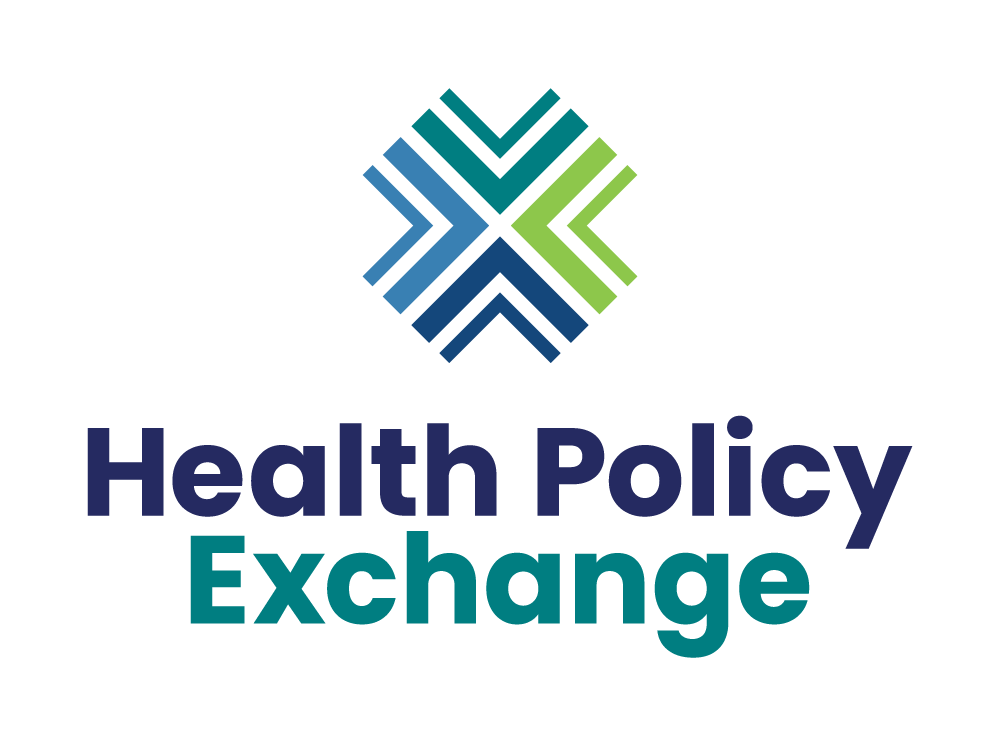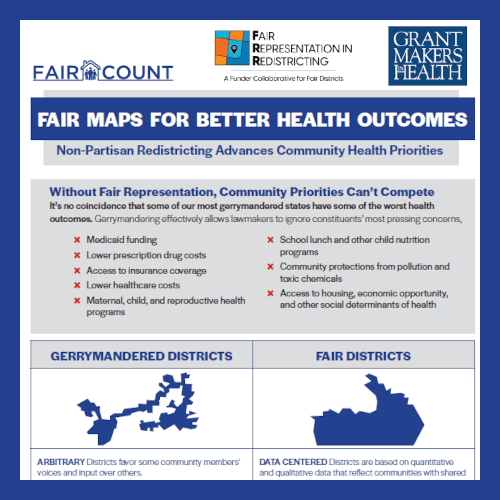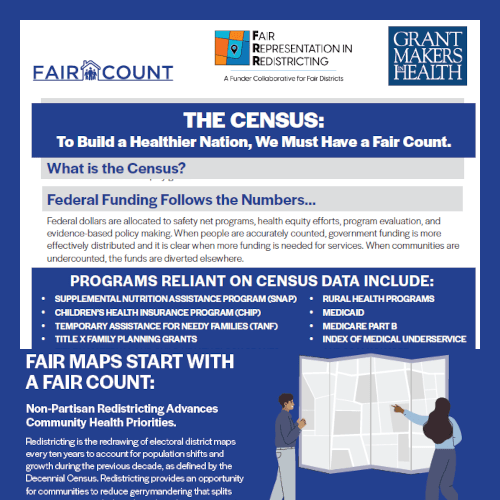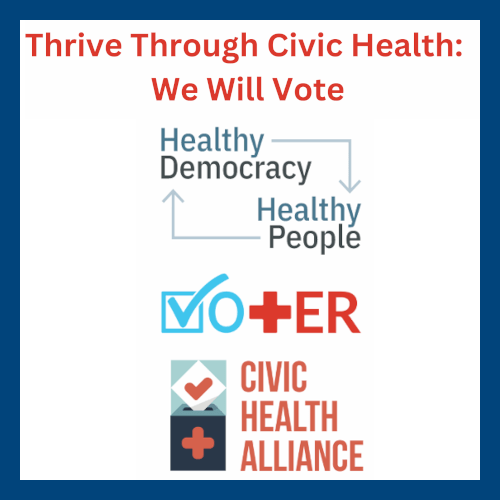Investing in Civic Infrastructure: The Rise of a New Foundation in a Rural, Disinvested Community
When people hear about our work in Imperial Valley, they often exclaim, “How exciting to build a new foundation!” But I gently redirect them: We’re not building another institution— the last thing our communities need is another organization competing for resources. Instead, we’re building civic infrastructure to create the framework for lasting, community-led change.
Democracy and Philanthropy in These Times
What do attacks on trans rights have to do with voting rights for Black communities? How is birthright citizenship linked to the unfinished work of Reconstruction and equality under the law? And why are laws and practices protecting reproductive justice central to all of it? These aren’t just academic questions—they’re the battle lines of our…
Ballot Measures: Advancing Health Policy through Direct Democracy
The citizen-initiative process, also known as direct democracy, gives the people the power to directly propose and pass new laws or constitutional amendments (depending on the state) by putting them up for a vote at the statewide or local level. 25 U.S. states and the District of Columbia allow for citizen-initiated ballot measures, which have been used to advance a broad range of health policy goals, including reproductive rights, Medicaid expansion, gun safety reform, minimum wage increases, and paid leave. This webinar explored recent ballot initiative campaigns and highlight the roles of health funders in building community power through direct democracy. Speakers included Chris Melody Fields Figueredo of the Ballot Initiative Strategy Center, Becky Gould of Nebraska Appleseed, and Ashley Dietz of the Florida Philanthropic Network.
Raising the Bar on Voting Accessibility in Missouri
Missouri Foundation for Health has developed a policy brief with recommendations supporting the efforts of the disability community across the state to make voting processes more accessible for all Missourians.
Fair Maps For Better Health Outcomes
Non-Partisan Redistricting Advances Community Health Priorities. Without Fair Representation, Community Priorities Can’t Compete. It’s no coincidence that some of our most gerrymandered states have some of the worst health outcomes. Philanthropy can’t solve health inequities alone. But supporting community-led work to secure fair districts can help change the system – and strengthen our democracy – by allowing communities to choose responsive lawmakers who will fight for better health policy.
To Build a Healthier Nation, We Must Have a Fair Count
Every decade, the Census Bureau fulfills a constitutionally-mandated count of every person living in the
United States. Data derived from the Decennial Census and the ongoing American Community Survey form the statistical backbone for public health, hospitals, insurance, and dozens of federal and other government programs. This data is also an important tool for funder decision-making. For funders focused on health equity, quality data is needed to provide a better understanding of health disparities and the advancement of health equity goals.
GIH Signs Organizational Commitment to Thrive Through Civic Health Initiative
GIH has signed an organizational commitment to the Thrive through Civic Health: We Will Vote initiative. The focus of the Initiative is to implement a health sector strategy to build awareness, commitment, and momentum and increase voter participation of health sector workers.

